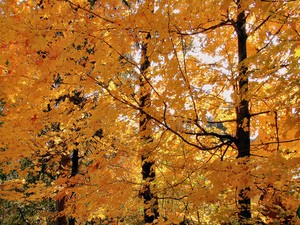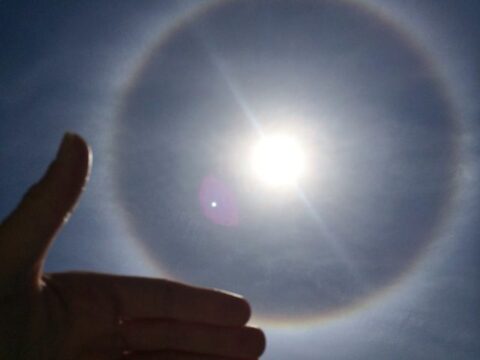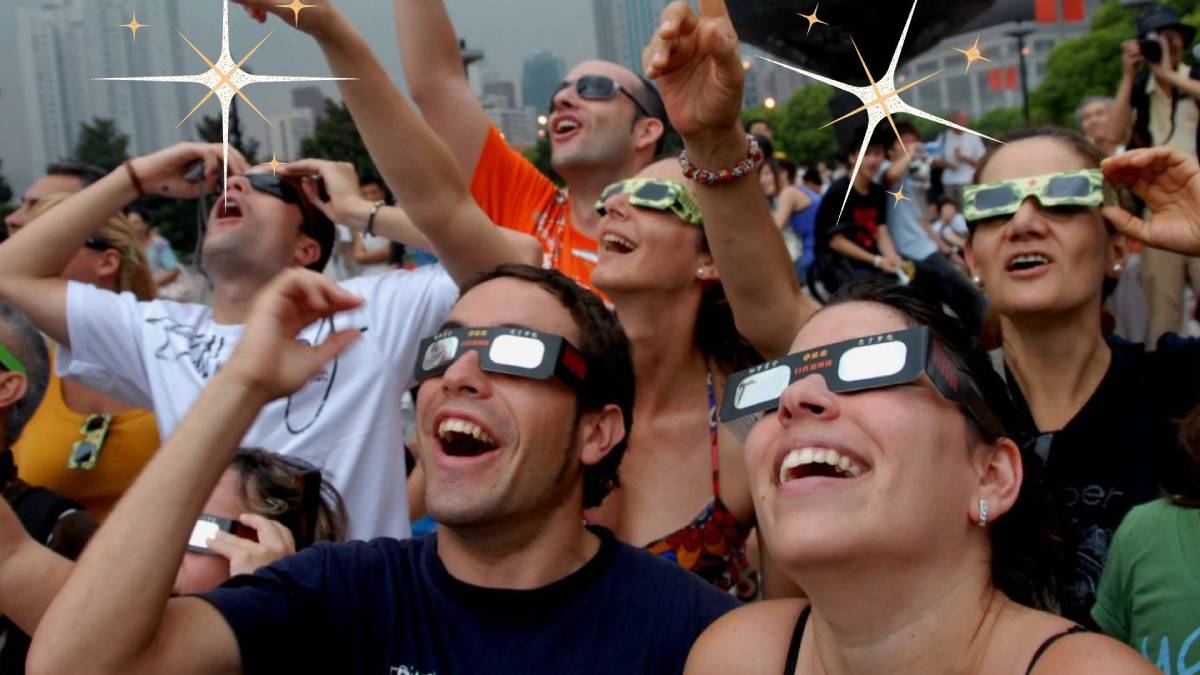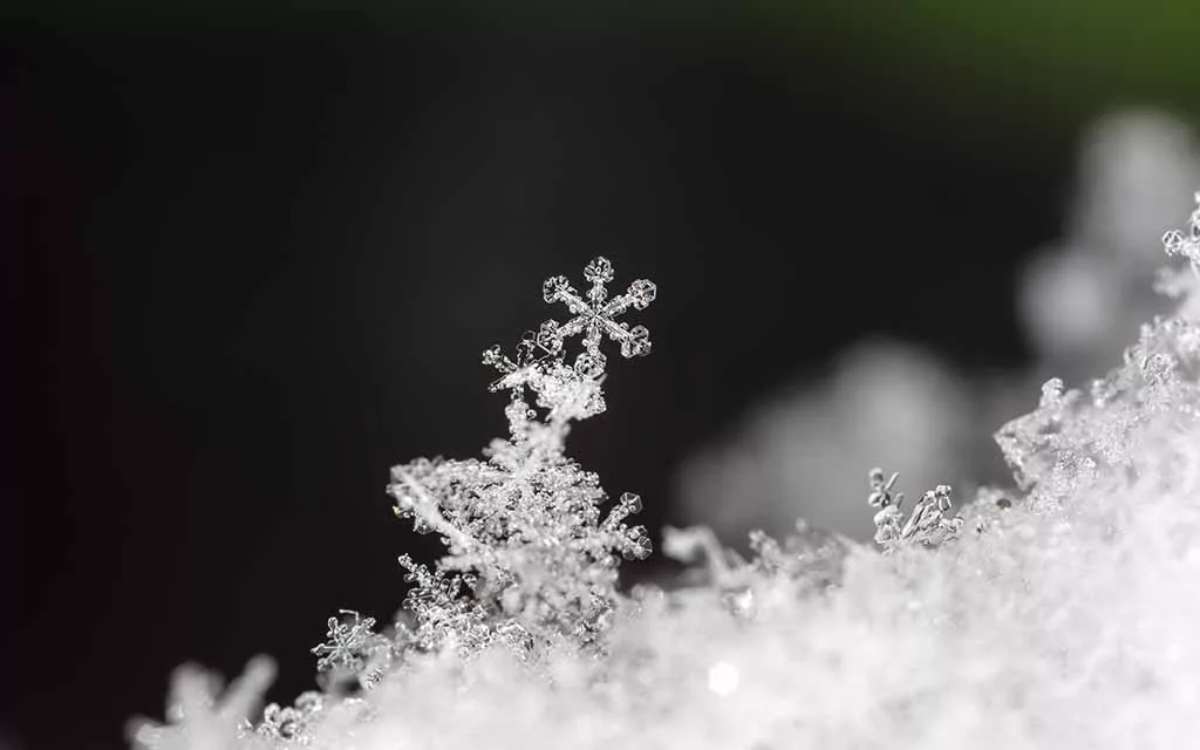 It’s pretty hard to go more than a day or two and not hear the term climate change.
It’s pretty hard to go more than a day or two and not hear the term climate change.
We’ve gotten pretty used to hearing about climate change, but understanding what it really is and how it may impact you is another matter.
Climate change has been a topic of discussion among scientists for decades now, though our understanding of climate change, how it works, and how it may be impacting us now or in the future is often up for debate.
Climate Change: What It Is & What It’s Not
While many people lump global warming and climate change into the same category, they’re really different issues altogether:
- Global warming refers to the notion that the earth, on average, is increasingly getting warmer.
- Climate change is a broader term defining any overall long-term changes in weather and climates.
Though it’s true global warming is a type of climate change, it’s not exactly true that they’re one and the same. After all, global cooling is also a type of climate change.
So What’s Happening Now On Mother Earth?
Naturally, the next question is are we facing global warming or a broader sense of climate change… some places warming, some cooling?
It’s true that many (but not all) scientists agree Earth is getting warmer. The scientists suggesting the Earth has warmed are looking at land, air, and sea surface temperature records which, in general, have recorded an increasing temperature. Warming temperatures are being recorded across the board and satellite imaging is showing receding glaciers and ice caps over much of the world
Scientist that disagree are citing the changes in how temperature records have been kept over the years, the accuracy of those temperature recordings, and also the geographic completeness of these temperature readings. After all, many temperature recording stations have opened in the last number of years while others have closed down.
Climate Change: The Great Debate
Since time began, Earth has undergone climate change. We’ve experienced periods of warming and periods of cooling. The previous Ice Age, which occurred around 10,000 years ago was a time of extended cooling. Earth now appears to be experiencing a warming trend.
That much pretty much everyone can agree on. What most people tend to focus their attentions on is why the planet is getting warmer.
Coming off concerns about global cooling back in the 1970s, global warming became an issue of prominence particularly late in the 1980s and early in the 1990s. At the time, carbon emissions became a key suspect in the case of global warming.
However, in recent years, there has been an increase in debate as to what exactly is causing global warming. Is it carbon emissions? Solar activity? Other natural cycles? Humans? A little of each or a lot of just one?
It is true that, as much as climate change is a science issue, it has also morphed into a political battle.
Whereas years ago certain polls suggested people from each political party had largely similar sentiments about climate change, today political identities have become a far better predictor as to where on stands on the issue of climate change.
How Climate Change Affects You
No matter what your belief as to why the Earth is experience climate change, the fact of the matter is that climate change does impact each and every one of us.
For example, as glaciers and mass ice caps melt, worldwide ocean levels rise. The amount of ocean level rise depends greatly on how much ice melts. At any rate, those living along low-lying coast lines (such as people living in South Florida and New York City) will be affected by higher sea levels as well as increased high tide and storm surge levels.
Climate change can also affect rainfall. Climate change can cause more rain or snow to fall in some areas while drying up other regions of the world.
Climate change can also affect where plants grow. Colder temperatures mean the death of tree species while warmer trends mean the northward retreat of plants.
Even the fall colors can be affected by climate change. Dry, hot weather can stress trees during the summer and fall, meaning the early death of leaves long before they are affected by the colder weather that helps set off the colorful foliage fireworks of September, October, and November.
I'm a weather geek from Florida who's been studying meteorology and watching weather patterns for years! I enjoy sharing little-known facts and fun stuff about the weather. I especially like sharing interesting details about weather events and conditions that can affect you… and how to prepare for Mother Nature's ever-changing weather patterns.








